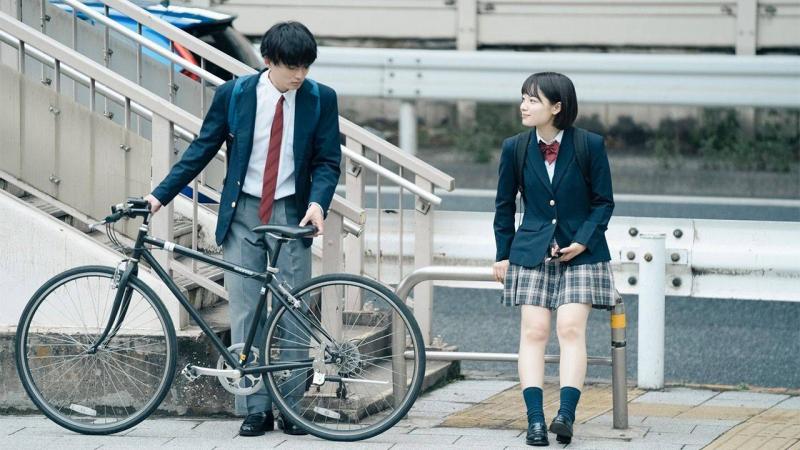The National Institute of Population and Social Security Research announced today, Wednesday, that about one third of girls aged 18 in Japan may never give birth, according to the latest data that indicates a tough battle ahead for the country to halt its declining population amidst the world's third-largest economy. The institute estimated in its report that 33.4% of girls born in 2005 will not have children. The percentage could be 24.6% in the most optimistic scenario and 42% in the worst.
Prime Minister Fumio Kishida promised in June to address the population crisis with "unprecedented" measures, including increasing financial support for families with three or more children. However, a survey conducted by Kyodo News shortly thereafter showed that about two-thirds of the public does not feel optimistic about the effectiveness of the new policies.
Anna Tanaka, 23, told Reuters, "With rising living costs, I don't think people feel they can afford to raise children, or that they would comfortably say they want to have children." Opinion polls indicate that the number of children in Japan has been declining for more than four decades, alongside a decreased desire for marriage and childbearing, and increasing financial concerns.
Miho Iwasawa, director of the Demographic Changes Research Division at the institute, stated that people are marrying later, which leads to a lower birth rate. Government data shows that the average age of women marrying for the first time in 2020 was 29.4, an increase of 3.9 years since 1985. Iwasawa mentioned that marriages in the late thirties often result in only one child, if any.
Takuya Hoshino, chief economist at Dai-ichi Life Research Institute, noted that this trend may create a vicious cycle of a decreasing number of children who, in turn, raise fewer children when they grow up.




